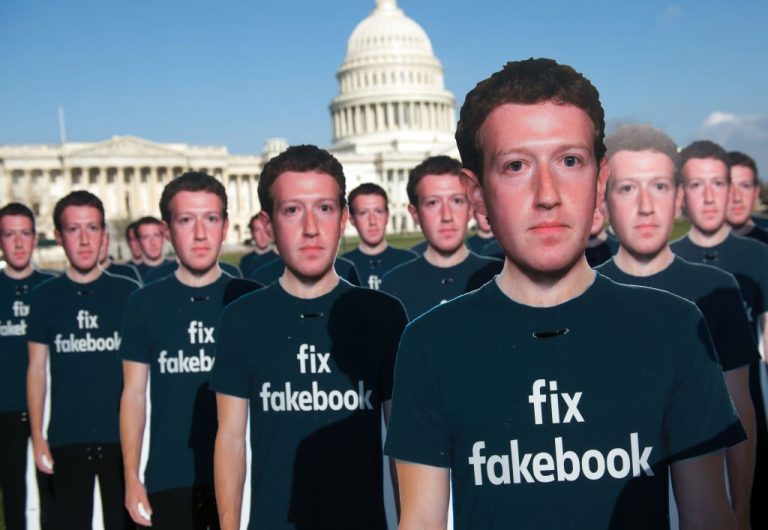A recent poll by NBC News has revealed public opinion is turning on social media platforms such Twitter and Facebook. 64 percent of respondents said they share the feeling Big Tech now does more to divide America than bring people together.
The view was supported by 77 percent of Republican respondents, 65 percent of Independents, and 54 percent of Democrats.
Only 27 percent of adults thought the platforms are serving to unify the populace.
When it came to quality of life, the poll found 49 percent of those who use social media daily asserted the apps make their lives better while 37 percent said the sites made their lives worse.
66 percent of adults admitted to using social media at least once every day.
Polarization and tensions
Success
You are now signed up for our newsletter
Success
Check your email to complete sign up
A report by The Economist explored the studies conducted by psychologist Chris Bail from Duke University as to how social media can trigger political polarization.
In 2017 and 2018, a study conducted by Bail and colleagues looked at the behavior of 1,220 American Twitter users exposed to posts opposing their political ideology. For instance, a liberal might see an interview of Republican Mitch McConnell while conservatives are exposed to Nancy Pelosi.
In a second study which repeated the test, researchers found that both Republicans and Democrats were moving towards extreme positions within their ideology.
The research found when people were exposed to extreme viewpoints opposite to theirs, they tended to defend their beliefs vigorously. Republicans became more conservative after being exposed to liberals and leftists, while Democrats went farther left after being challenged by right-wing content.
To remedy the polarization problem, Bail suggested that social media users must realize that they are not actually seeing the world as it is but through a prism.
“At some point we have to look in the mirror and ask, how are we, social-media users, contributing to this broader pattern,” Bail said to The Economist. “We tend to think of people as simple dupes of technology and identity, that Facebook is just injecting us with this vitriol.”
“We have to begin looking inward for the full answer.”
A study by the Ohio State University Wexner Medical Center found increased tensions triggered changes in people’s attitudes about how they use social media platforms.
The research, published in August last year, found that almost 56 percent admitted that their social media habits had changed due to tensions linked to politics, COVID-19, racial inequality, and so on.
20 percent said they had been taking breaks from social media because of the conflicts, while 29 percent saw an increase in social media activity.
“Stepping away and reconnecting with reality offline is an important step to take for your mental health,” Ken Yeager, Director of the Stress, Trauma and Resilience Program at Ohio State Wexner Medical Center, said in the report. “Being constantly immersed in this stressful environment and being overexposed to contentious or traumatic events can make you feel like the world is a less safe place to be.”
Trust erosion
A recent study published in the Proceedings of the National Academy of Sciences revealed the link between partisan news exposure and social polarization. The study asked participants to change their default browser homepages to left-leaning Huffington Post or conservative Fox News during the 2018 midterm election. The researchers collected data on the participants’ web visits and Twitter posts. After eight weeks, it was found that the participants’ trust in the media was falling. Even after a year, this effect was found to be active in people who continued to visit biased news outlets.
















